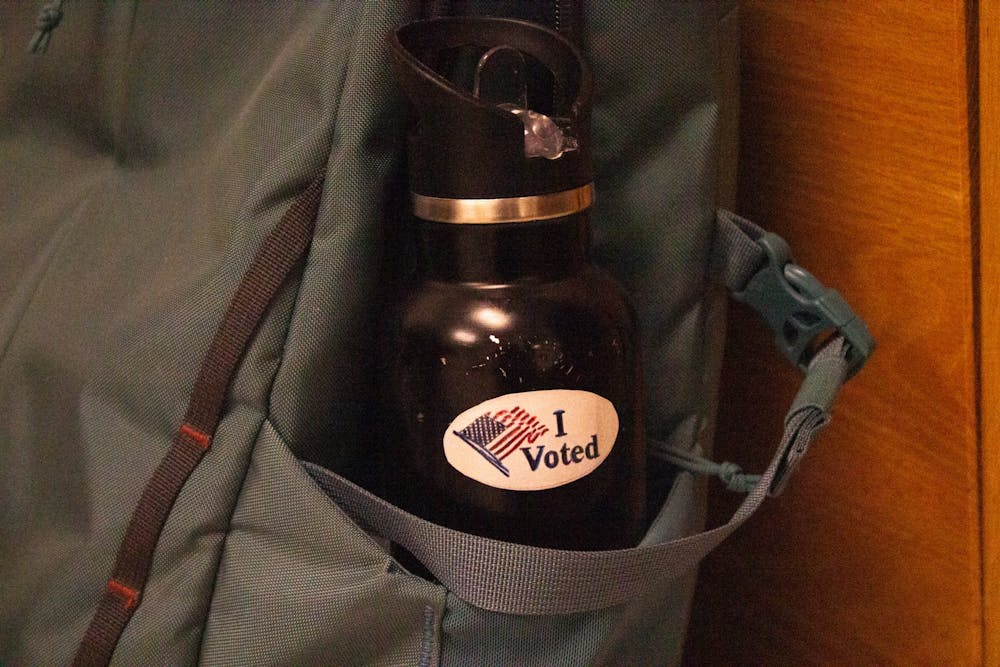N.C. Senate Bill 824 — proposed legislation requiring North Carolinians to present a photo ID when voting — was declared unconstitutional on Sept. 17.
The bill reflected the results of a 2018 state referendum to amend the N.C. Constitution to include restrictions on voter ID. But a three-judge panel in Wake County decided the legislation was unconstitutional due to its racially discriminatory intent.
History of voter ID laws in N.C.
Voter ID has been a heavily contested issue in North Carolina for years, and SB 824 is only the latest legislation introduced to target this topic, Chris Cooper, a political science and public affairs professor at Western Carolina University, said.
The House passed HB 589 in 2013, which was ultimately shot down by the U.S. Court of Appeals for the Fourth Circuit for intentionally discriminating against Black voters. Then, in 2018, the General Assembly passed HB 1092 — the bill proposing the referendum, in which North Carolinians voted for a constitutional amendment targeting voter ID.
A case titled Holmes v. Moore – "Moore" being N.C. House Speaker Tim Moore — however, challenged the Senate bill. The bill became law after Republicans overrode Gov. Cooper's veto, and 55 percent of North Carolina residents later voted in favor of the amendment.
But this challenge resulted in the law being declared unconstitutional two weeks ago.
Bob Phillips, the executive director at Common Cause North Carolina, said these attempted restrictions on voter ID are reminiscent of the Jim Crow era, when requirements to vote were enacted to discourage the Black electorate from going to the polls.
“I mean, that's still in the collective memory of some folks,” Phillips said. “(Voting) is not a privilege, it is a right. And voting should be easy and accessible if someone is a citizen of this country.”




